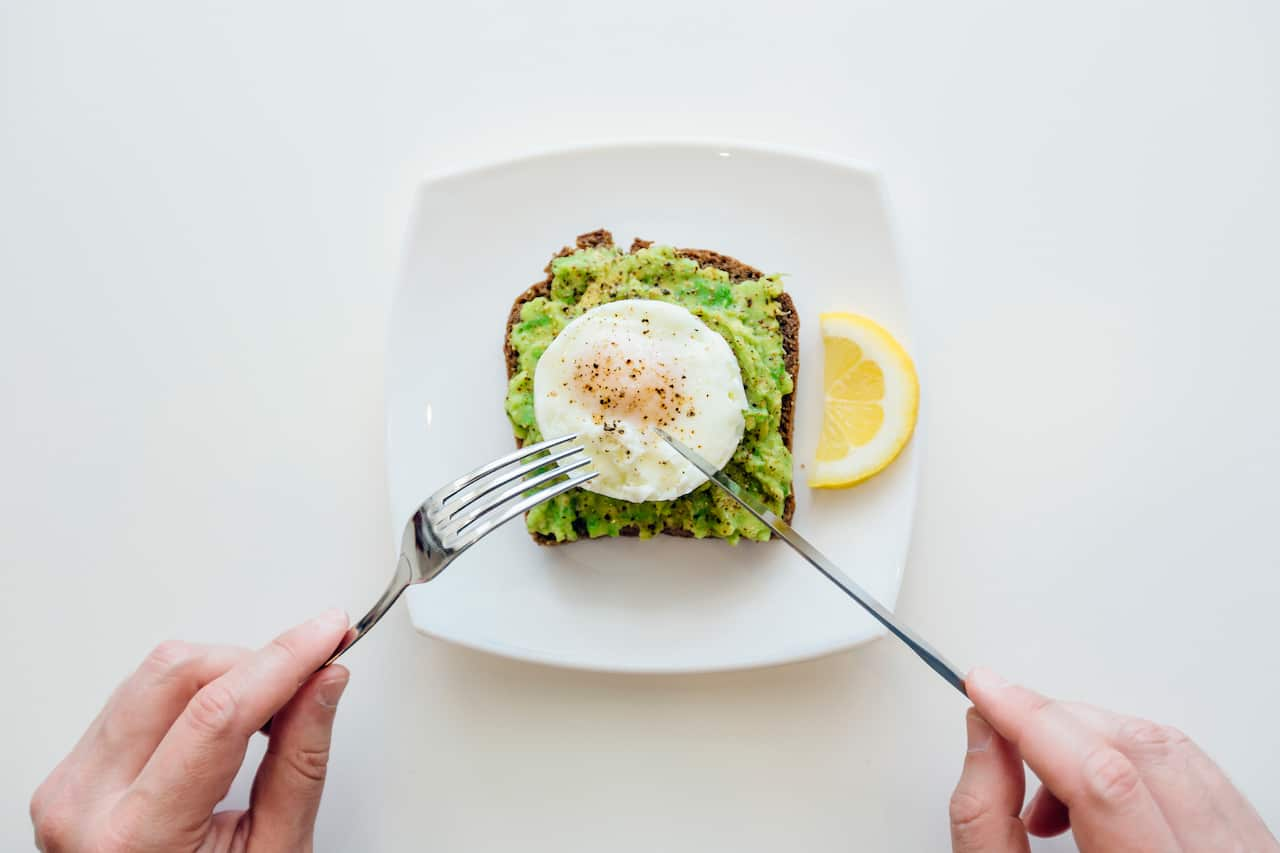Eating one egg a day could significantly reduce your risk of cardiovascular diseases and specifically lower your chances of having a stroke by 26 per cent, according to new Chinese research.
The observational study, published this week in BMJ journal Heart, looks at the association between egg consumption and a range of heart-related diseases: cardiovascular disease (CVD), ischaemic heart disease, major coronary events, haemorrhagic stroke and ischaemic stroke.
Researchers analysed the health information of half a million Chinese adults and found that people who consumed one egg a day had a lower risk of CVD overall compared to those who did not consume eggs.
The findings are in line with the current Australian recommendations, as we know that eggs provide an egg-cellent source of nutrition to our everyday diet.
"Among Chinese adults, a moderate level of egg consumption (up to less than 1 egg/day) was significantly associated with lower risk of CVD, largely independent of other risk factors," the journal paper reads.
The study also showed that daily egg consumers had a 26 per cent lower risk of haemorrhagic stroke, a 28 per cent lower risk of haemorrhagic stroke death and an 18 per cent lower risk of CVD death.
There was a 12 per cent reduction in risk of ischaemic heart disease observed for people consuming eggs daily compared to those who never or rarely ate eggs.

Spokesperson for the Dietitians Association of Australia, Joel Feren, says that the study offers some valuable insight into the value of eggs.
“While it is only an observational study, it does suggest an association between eating one egg per day and a reduction in heart disease,” says Feren, an Accredited Pracitising Dietitian and nutrition consultant.
“The study’s large number of participants indicates that the association is fairly robust and strong.”
The study’s researchers used data from the China Kadoorie Biobank (CKB) study, an ongoing prospective study of adults, aged 30 to 79 from 10 different geographical areas across China.
The participants, who were recruited between 2004 and 2008, were asked about the frequency of their egg consumption. They were followed up to determine their morbidity and mortality.
At the start of the study period, over 13 per cent of participants reported daily consumption and around nine per cent reported never or very rare consumption of eggs.
In general, the nutrition of eggs between countries is mostly similar, only differing slightly with the food provided to the chicken.
Feren says that even though the study was conducted on Chinese adults, the findings translate to an Australian context.
“These findings are in line with the current Australian recommendations, as we know that eggs provide an egg-cellent source of nutrition to our everyday diet.
“In general, the nutrition of eggs between countries is mostly similar, only differing slightly with the food provided to the chicken.”
He says eggs contain 11 different vitamins and minerals, but the yolk and white are quite different in their nutritional makeup.
“The yolk has vitamin A, D, calcium, folate, and omega-3 fats, which are all important for keeping each of our cells healthy, while the egg white mostly contains the protein.”
Despite eggs being safe for regular consumption, there’s still a strong fear about egg yolks heightening cholesterol levels.
The yolk has vitamin A, D, calcium, folate, and omega-3 fats, which are all important for keeping each of our cells healthy, while the egg white mostly contains the protein.
“Recent evidence shows there are no increased health risks (for example, such as high cholesterol) from eating eggs, and eating them every day as part of a balanced diet is not a concern,” says Feren.
“Our blood levels of cholesterol are more likely to be influenced by saturated fats, which are found mainly in processed foods, fried food and in fatty cuts of meat.
"It’s clear that we don’t need to be avoiding eggs.”
SBS Food is a 24/7 foodie channel for all Australians, with a focus on simple, authentic and everyday food inspiration from cultures everywhere. NSW stream only. Read more about SBS Food
Have a story or comment? Contact Us

